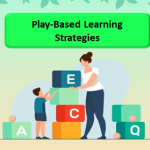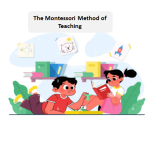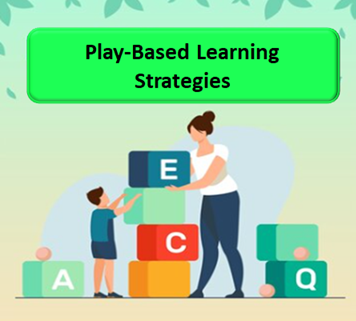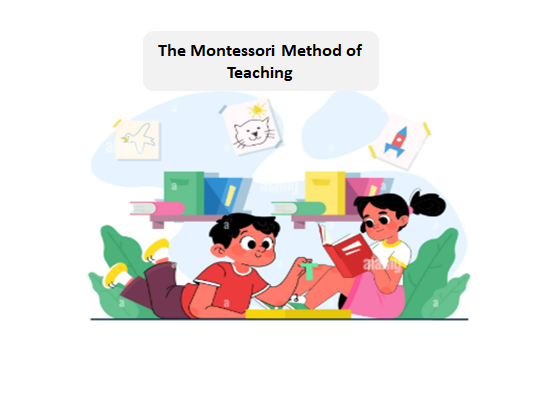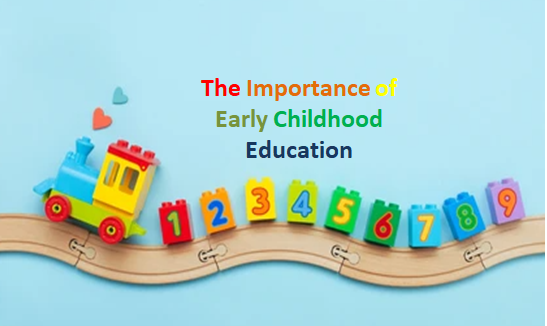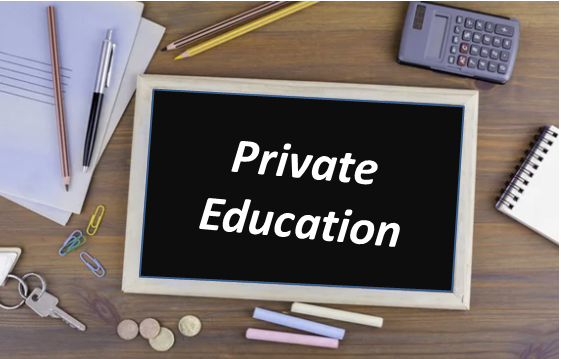Primary education plays a crucial role in the development of young minds, shaping their future by providing children with the foundational skills they need for academic and personal success. This stage marks the beginning of a child’s formal education, which lays the foundation for lifelong learning. Primary education focuses heavily on building cognitive, social, emotional, and physical skills, which go a long way toward helping children, become well-rounded individuals. with an emphasis on essential skills such as literacy, numeracy, and critical thinking, primary education is essential for preparing children for secondary education and the challenges of adulthood.
The importance of primary Education
Primary education serves as the foundation for all future learning. During this period, children acquire essential knowledge and skills that will set them up for success in life. Without a strong foundation in primary education, it can be much more difficult for students to grasp the hidden concepts taught in later years. Subjects taught at this level, such as language, mathematics, science, and social studies, provide children with the intellectual tools they need to succeed academically.
However, primary education is not limited to academic skills alone. It also focuses heavily on the overall development of children. Social and emotional skills such as communication, empathy, teamwork and problem-solving are fostered alongside academic development. Through interactions with peers and peers, children develop an understanding of the world around them, learn how to work with others and begin to understand their own emotions and reactions.
Core subject in primary Education
Primary education provides a broad and balanced curriculum that greatly helps children explore different areas of knowledge. These subjects are not just about memorizing facts but are designed to greatly develop critical thinking skills and intellectual curiosity.
Language and literacy:
A key area of focus in primary education is language and literacy. Developing the ability to read, write and communicate effectively is essential for academic success in all subjects. In primary school, children are taught basic reading and writing skills, including vocabulary, grammar and sentence structure. They are also encouraged to explore stories, poems and books, which helps develop their comprehension skills. Reading, writing and learning fluently in the early years allows children to access information across a range of subjects and become independent learners.

Mathematics:
Mathematics is another core subject in primary education. It aims to build a strong foundation in basic mathematical operations such as addition, subtraction, multiplication, and division. As students’ progress through primary school, they are introduced to more advanced concepts such as fractions, exponents, and simple geometry. These concepts help develop logical thinking and problem-solving skills that are essential not only for academics but also for everyday life.
Science in Primary education:
Science education in primary school fosters a deep curiosity about the natural world and the ways things work. Children are introduced to basic scientific principles such as the properties of matter, the life cycles of plants and animals, and the Earth’s ecosystems. Through hands-on experiments and observations, children develop a deeper understanding of the world around them. Science education at the primary level also encourages children to ask questions, think critically, and make inferences based on evidence.
Social studies:
Social studies introduce children to a wide range of concepts from history, geography, and urbanism. They learn about different cultures, attitudes, and practices, and events, which greatly help them understand the diversity and ways of the world. Social studies also teach children about their rights and responsibilities as citizens, which helps them become more aware of their role in society. these subjects promote empathy and respect for others, as well as an appreciation of different cultures and backgrounds.
Conclusion
Primary education is more than just the beginning of learning in education. It is the stage where the foundation for every child’s future is laid. At this level, children are not only exposed to the basics of reading, writing and mathematics, but they also begin to explore their own abilities and learn how to interact with others in social settings. In these early years, habits are formed, confidence is built and authority is born.
Investing in primary education is one of the most powerful and effective ways to improve society as a whole. When children gain a strong educational foundation, their chances of staying in school, pursuing higher education, and ultimately becoming productive and responsible citizens increase. Quality primary education also plays a role in breaking the cycle of poverty, promoting gender equality, and improving public health and economic stability.

